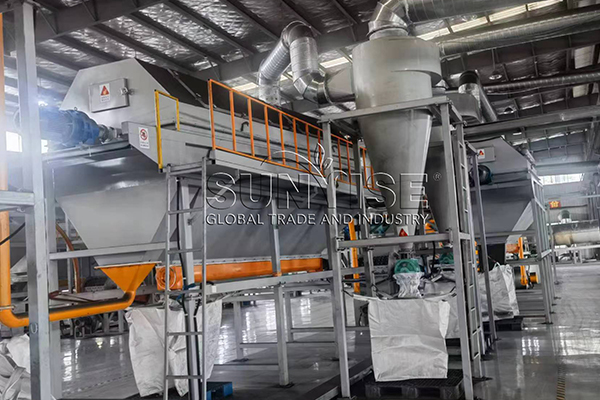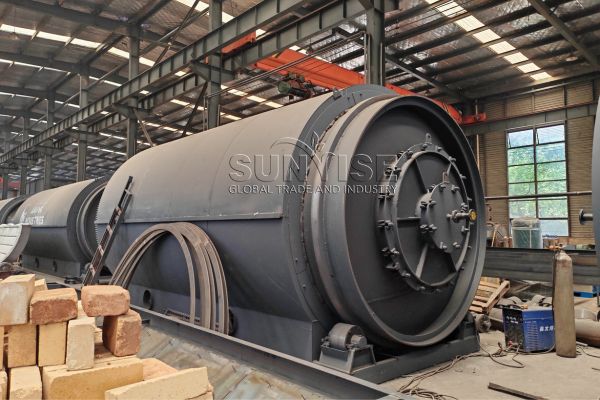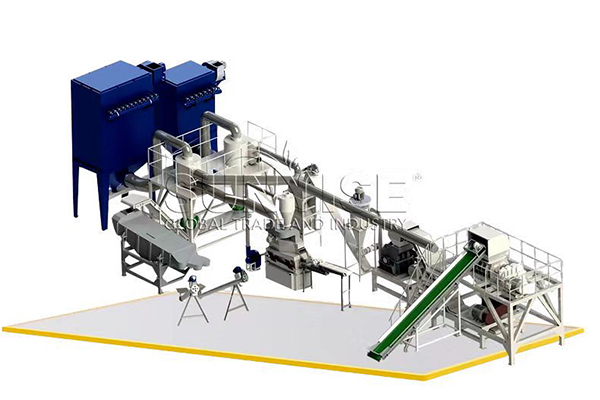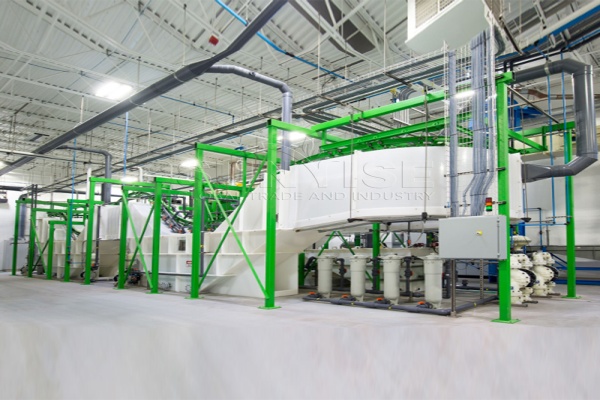As the demand for lithium-ion batteries continues to surge, driven by the growth of electric vehicles and renewable energy storage, the need for effective recycling and reuse strategies becomes increasingly critical.

Why recycle Lithium-Ion Batteries?
The Lithium-Ion Battery Recycling Process

Collection and Transportation
The first step in the recycling process is the collection and safe transportation of spent batteries. We recommend establishing a network of collection points to facilitate the easy and efficient gathering of used batteries. Ensure that the batteries are stored in appropriate containers to prevent leaks and damage during transportation. Partnering with certified logistics providers can help ensure compliance with safety and environmental regulations.
Sorting and Dismantling
Once the batteries arrive at the recycling facility, they are sorted based on their chemistry and condition. This step is crucial for optimizing the recycling process and maximizing material recovery. After sorting, the batteries are dismantled to separate the different components, such as the electrode materials, electrolyte, and casing. Advanced mechanical and chemical processes are used to extract valuable metals and other materials from the battery components.
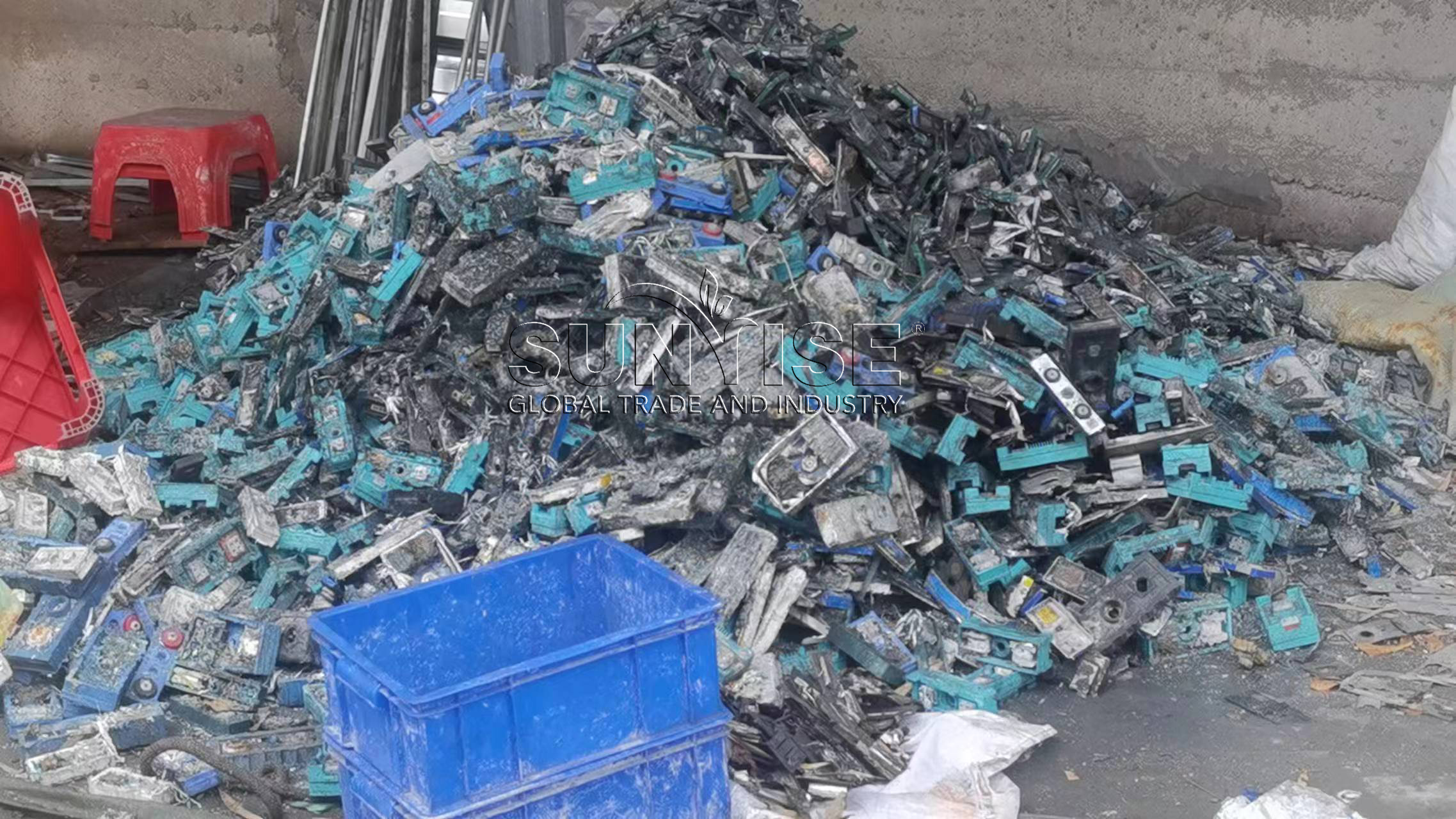
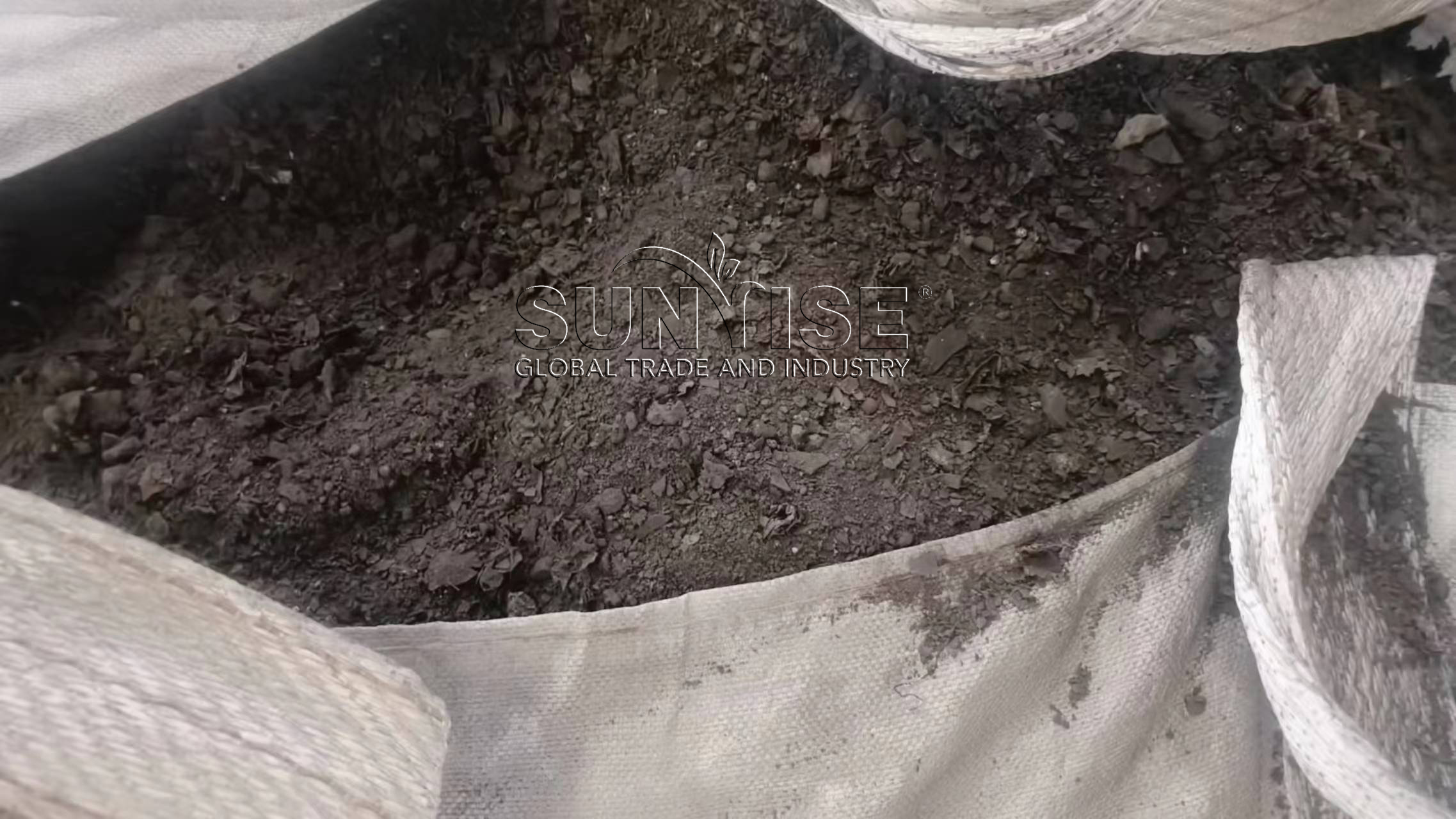
Material Recovery and Refining
The extracted materials undergo further refining to achieve the desired purity levels for reuse. This involves processes such as hydrometallurgy, pyrometallurgy, and electrochemical refining. The recovered materials can then be sold to manufacturers for the production of new batteries or other products. By ensuring high recovery rates and material quality, we can support a closed-loop supply chain and reduce reliance on virgin materials.
Lithium-ion battery recycling and reuse present significant opportunities for businesses to reduce environmental impact, conserve resources, and achieve economic benefits. We are committed to providing you with the expertise and solutions needed to implement effective recycling and reuse strategies. Together, we can build a more sustainable future for our planet and your business.
Cakava

